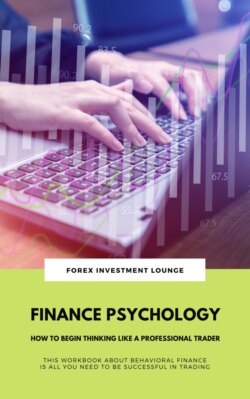Читать книгу Finance Psychology: How To Begin Thinking Like A Professional Trader (This Workbook About Behavioral Finance Is All You Need To Be Successful In Trading) - FOREX INVESTMENT LOUNGE - Страница 6
На сайте Литреса книга снята с продажи.
Sunk cost effect
ОглавлениеTranslated into German, sunk cost means "sunk costs". These are costs that have already been incurred in the past and no longer play a role in the current valuation.
Here is an example: A trader buys shares at a unit price of 100 euros. A short time later the value of the investment is only 75 Euro per share. No one can predict whether these shares will ever reach the entry price again. However, many investors are prepared to reduce the price of the shares in this situation. So they throw good money after a perhaps bad investment and "sink" further money with it.
Exchange participants often base their decision to sell on the purchase price of the investment. However, the purchase price from the past is not important for the development of the future price. Only the investor himself gives significance to the purchase price. If we stick to unsuccessful projects despite better knowledge, we are dealing with the sunk cost effect.
This also includes holding on to stock market values that are already in the red. Instead of selling the assets with a small loss on the account, traders hold on to their positions and hope that the price will recover and the assets will return to their entry price if possible. However, this usually leads to even greater losses, as described above under "Cognitive Dissonance".
A structured trading plan helps to protect yourself from the fatal consequences of the sunk cost effect when trading. Stops should be accepted and positions taken should only be increased in the event of a profit, but never in the event of a loss.
